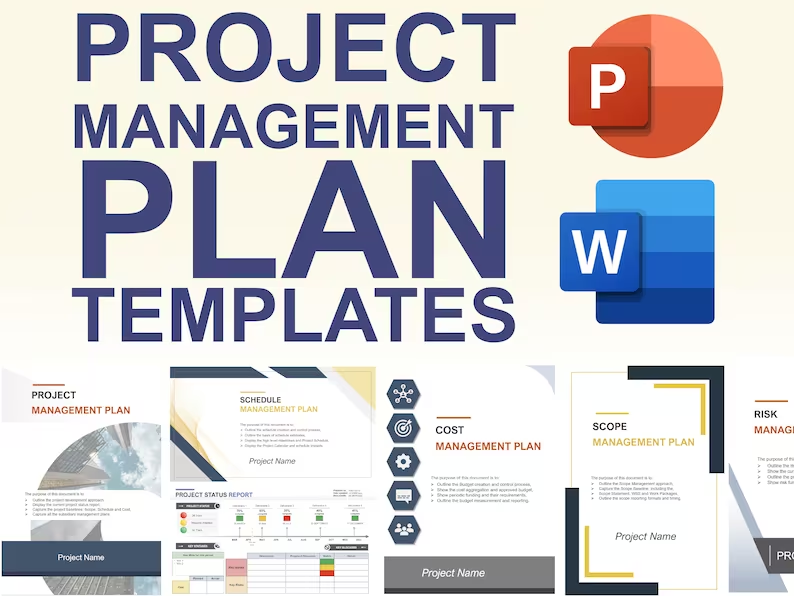Click the video above to view
 Why “Never Escalate” is Terrible Advice for the PMP Exam
Why “Never Escalate” is Terrible Advice for the PMP Exam
When studying for the PMP exam, you may hear advice like, “Never escalate,” or “Never close the project.” While it might sound like good advice at first, it can actually be harmful. The truth is, in some situations, you should escalate issues or even close a project to stay on track.
Let’s break down why these “rules” are not always the right choice.
Escalation is Sometimes Necessary
You might have heard that you should avoid escalating problems to the project sponsor or outside of your team. But sometimes, you really need to. Here’s an example:
Imagine you’re managing a project that was stopped a few years ago and is now being restarted. There are major changes to the project’s scope, and most of the budget has already been spent. Even worse, the Schedule Performance Index (SPI) is 0.3, and the Cost Performance Index (CPI) is 0.2 – both of which mean the project is way behind schedule and over budget.
What do you do in this situation? The correct answer is not to just keep going and hope for the best. Instead, you should escalate to the project sponsor and consider closing the project. In this extreme case, it’s almost like starting a new project, and it’s better to begin fresh with a new plan than continue with a failing one.
Another Extreme Example: Security Concerns
Here’s another example of why escalation might be necessary. Let’s say you’re working on a critical defense project. One of your stakeholders informs you that a team member has faked their security clearance to join the team. You confirm this is true. This is a serious issue!
In this case, the right answer is not to provide training or adjust the project schedule. The extreme risk posed by this team member means you must remove them from the project immediately. The situation calls for a direct and immediate response to avoid more significant problems.
Tailor Your Approach
The key takeaway from both of these examples is to tailor your approach to the situation. If you’re dealing with a normal project situation, where things are going according to plan, then yes, you can be collaborative, update plans, and train your team. But when things go wrong, such as with major delays or security risks, you must be willing to escalate or even close the project if necessary.
In extreme cases, like the ones above, acting quickly and decisively is crucial to deliver value and avoid bigger problems down the road.
Final Thoughts
Never saying “never” is important when it comes to the PMP exam. Sometimes escalating issues or closing a project is the right choice, especially in extreme situations. By tailoring your approach based on the situation, you’ll be better prepared to pass your PMP exam and manage projects effectively.
Good luck with your studies – I believe in you!
See more PMP articles:
- Explained: What Does a Business Analyst Do?
- Get David McLachlan’s Udemy Courses for $14.99 During March 2025
- Pass Your Exam With These 3 Powerful Psychology Tricks
- Want to Pass your PMP? Don’t Do These 6 Things
- What To Do If You Don’t Have A Product Owner
- Is the PMP Relevant in the Real World?
- The PMBOK Guide 8th Edition Draft – My Feedback
- Never Escalate, Never Close – Bad Advice for your PMP Exam
- The PMP Cheat Sheet – Are You Ready for the Exam?
- The PMP Fast Track
You can see what people are saying about David McLachlan here: REVIEWS
Navigate to Free Project Management and Leadership Articles through the links on the right (or at the bottom if on Mobile)



